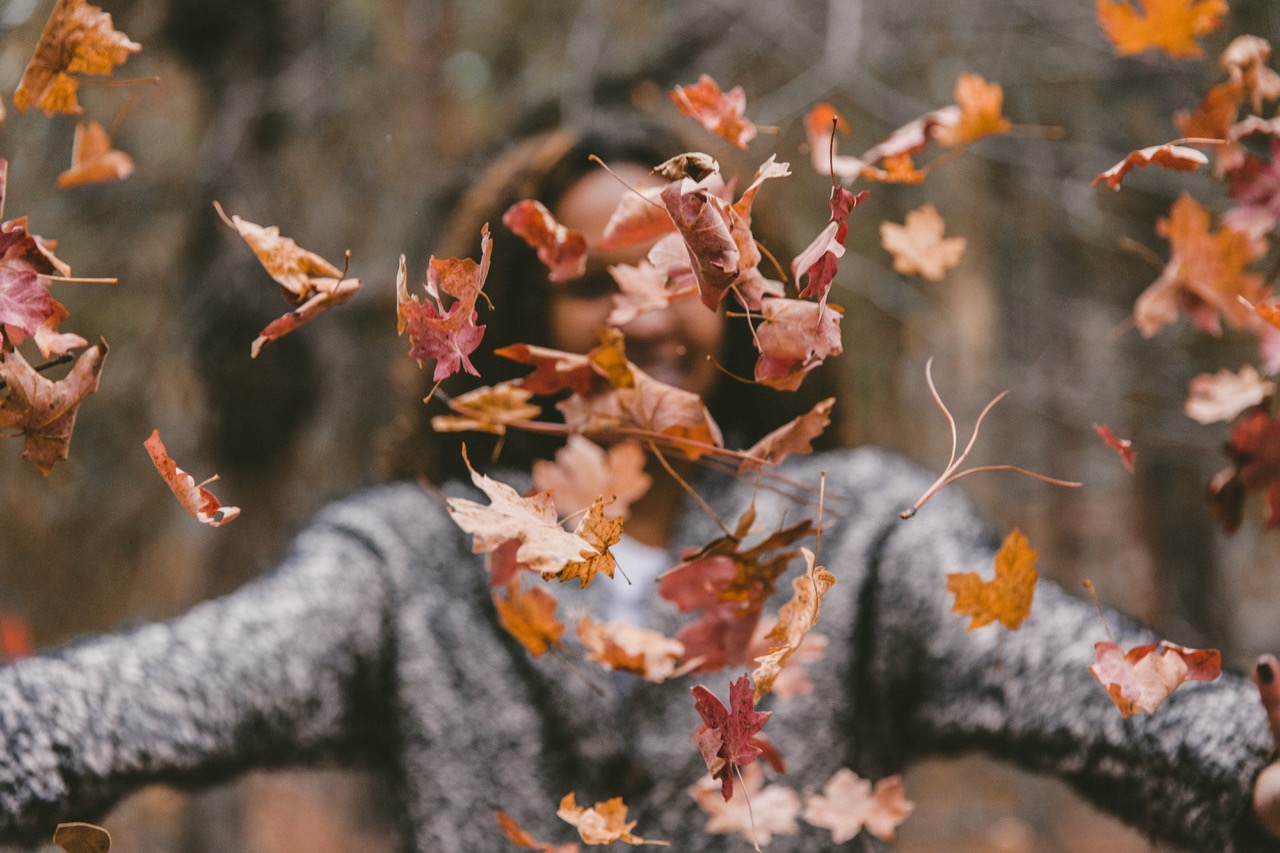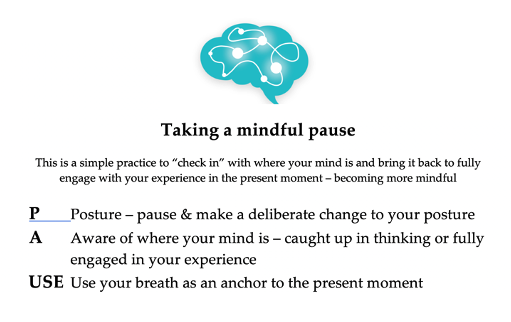
- BLOG
- Mental Health
Our experts share their advice on mental wellbeing
Our experts talk: mental wellbeing
Sally Gunnell OBE
"My mental wellbeing is as important as my physical wellbeing. I maintain my body through exercise, rest and nutrition and I apply the same to my mental wellbeing. Not eating the right foods, not having enough rest and staying in your comfort zone can dramatically effect your mental wellbeing. By looking after ourselves we’ll be able to look after and support others!"
Sally Gunnell is the only woman to hold the World, Olympic, European, and Commonwealth Gold Medals at the same time.
Geoff McDonald
"I love the acronym ‘CANDO’ and dedicate time every day to each element: C = connect, A = be active, N = try to be nice, D = discover and O = observe. So, connect with a friend, take 15 minutes to go for a run, be nice to someone every day, listen to a new podcast and take a 5-minute observation break to just stand in the fresh air and be grateful."
Geoff McDonald is a global advocate, campaigner and consultant who is passionate about addressing the stigma of mental ill health in workplace.
Rob Stephenson
"During these challenging and overwhelming times, when we are required to be physically distant, it is so important to check in with friends, family and colleagues. Authentically answering the question “how are you today?” with a score out of ten can be immensely helpful and can let us know when we might need give or receive support."
Rob Stephenson is the CEO of FormScore and is a 9/10 at the time of writing.
Sue Langley
"Get comfortable with the uncomfortable emotions. All emotions are data and whilst we may want to reduce the duration and intensity of our downs and increase the duration and intensity of our ups, it is important to accept our emotions and learn to sit with them – even the uncomfortable ones."
Sue also kindly recorded a short video for us, which you can watch here.
Sue Langley is CEO and Founder of the Langley Group.
Simon Shepard
"Close the void between human doing and human being. This means understanding how you are living your life, appreciating how you want to live your life, and ensuring that the gap between the two is not too great."
Simon Shepard is CEO of Optima Life
Barbara Mariposa
"Think about breaks and boundaries: People who are religious about taking breaks and switching off from work are calmer, happier and more productive. Take regular breaks away from your desk, to stretch, move, rest your eyes on the horizon and breathe, ideally taking one minute once an hour to do this. Be clear about your boundaries, particularly if you're working at home. Close your laptop at the end of the designated working day, create a simple ritual to signal the shift into non-work mode, like changing your clothes or making a cuppa, and avoid the temptation to "switch on"again."
Dr Barbara Mariposa is a medical doctor, author and public speaker.
Dan Keeley
"Simplify. We're living in a time where the demands on our time, energy and headspace have never been greater, which is why the power of simplifying, shutting out the noise, turning off the notifications, slowing down and reconnecting to what truly matters most is so important, now more-so than ever. This is about minimising life's excess and removing the clutter (physically & mentally) to create as much capacity as possible for everything which truly matters in life: our self-care & compassion, love for those closest to us, our family, friends, meaningful connections, passions, purposeful work and everything which feeds our hearts and souls. Feeling overwhelmed right now? I know I have this year. Let's simplify, simplify, simplify and take it one week at a time as we look ahead to the new year together."
Dan Keeley is a mental health activist and speaker.
Gail Davies
"In our hectic lives, we often find ourselves distracted, operating on automatic pilot and dragged into the constant chatter in our heads. Before we know it, we are caught up in “overthinking” and can find our mood spiralling. Learning to step out of automatic pilot and be more mindful can be really powerful. Try this mindfulness tip:

Dr Gail Davies, BSC, MSC, PhD is an academic, educated at Oxford and Imperial College with degrees in Biochemistry and Genetics, and a Masters in Mindfulness. Gail is actively involved in mindfulness research, and is also is trained to teach mindfulness.
